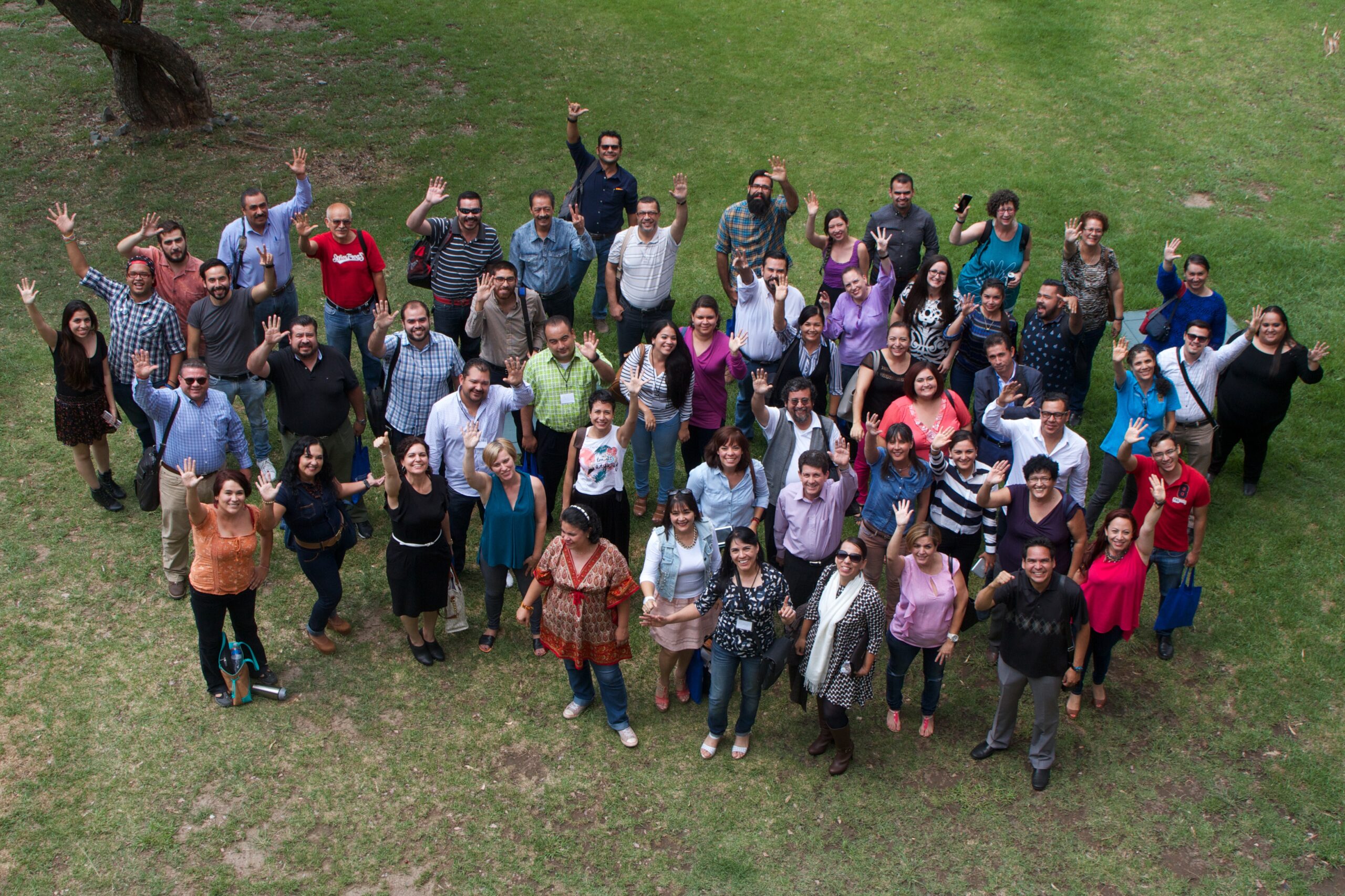The Bahá’í teachings offer profound insights on the pivotal role of youth in shaping a better world. These teachings, rooted in the belief in the inherent nobility of the human spirit, present a compelling narrative that encourages young individuals to rise as agents of change, fostering both personal growth and collective advancement. This exploration delineates the myriad dimensions in which the youth can harness their potential and actively participate in transforming society.
At the core of the Bahá’í teachings is the concept of service to humanity. The youth are particularly well positioned to engage in selfless service. This serves as not merely an act of altruism but as a profound expression of their capacities. The teachings assert that the youth’s energy and enthusiasm can instigate a ripple effect, catalyzing positive change within their communities. In embarking upon individual and collective missions of service, youth are redefining societal norms and demonstrating the transformative power of giving.
Central to this ethos is the call for unity. The Bahá’í faith emphasizes the oneness of humanity. Youth can embody this principle by fostering connections across diverse cultures and backgrounds. In an increasingly globalized world, the potential for youth to transcend racial, economic, and social barriers is significant. Engaging in intercultural dialogue and cooperative endeavors allows young individuals to cultivate understanding, respect, and collaboration. Consequently, they pave the way for a more harmonious coexistence.
Moreover, the Bahá’í emphasis on education serves as a crucial pillar for youth empowerment. Knowledge is perceived as a transformative force that equips individuals to make informed decisions and contribute meaningfully to society. Youth are encouraged to seek knowledge not only for personal advancement but as a means to uplift their communities. Educational initiatives focusing on moral and spiritual development, alongside conventional academia, are vital for nurturing well-rounded individuals capable of addressing complex global challenges.
In the arena of social justice, the Bahá’í teachings inspire youth to advocate for equity and fairness. The scriptures underline the importance of confronting prejudices and promoting gender equality. Youth have the unique opportunity to champion these causes, enacting change in their communities by engaging in discussions, awareness campaigns, and grassroots activism. Such involvement not only bolsters their leadership skills but also solidifies their commitment to fostering a more just society.
Furthermore, the Bahá’í perspective on spirituality underscores the notion that youth’s mission extends beyond tangible actions; it is deeply rooted in a spiritual framework. Engaging in contemplation and fostering a connection with the Divine can imbue youth with a sense of purpose and direction. A spiritually guided life encourages resilience, compassion, and a commitment to serve others. This spiritual fortification is essential for youth who aspire to be leaders of positive change amidst the complexities of modern life.
As youth embark on their missions, they are often met with challenges that test their resolve. The teachings advocate for perseverance and resilience. Through their trials, youth can cultivate virtues such as patience, determination, and courage. These qualities are integral to their development as leaders who can navigate adversity and inspire others. The journey may not always be linear; yet, every setback can crystallize their understanding and deepen their commitment to their cause.
Additionally, the Bahá’í principles encourage innovation and creative problem-solving. In addressing the multifaceted challenges that the world faces, youth are invited to employ their imaginative capacities. Whether through technological advancements, art, or social entrepreneurship, the application of creativity can yield unprecedented solutions. The global landscape necessitates innovative approaches, and the fresh perspectives of youth are invaluable in this context.
The concept of widespread participation is also paramount within the Bahá’í framework. Youth are not just passive recipients of change; they are active contributors. By engaging in community-building activities, whether through consultation, collaboration, or service projects, they exemplify the essence of collective action. This participatory approach cultivates a sense of responsibility and ownership among young individuals, empowering them to enact sustainable change.
It is also pertinent to address the global context in which youth are operating. Today’s youth are inheriting a world fraught with challenges: climate change, political unrest, and social inequality, to name a few. The Bahá’í teachings provide a unique lens through which to view these crises, framing them as opportunities for growth and transformation. Youth can mobilize their peers to advocate for environmental stewardship and social justice, collectively addressing these pressing issues with urgency and innovativeness.
As we envision a future shaped by the transformative efforts of the youth, it is essential to foster an environment that nurtures collaboration, creativity, and critical thinking. Those who guide and mentor young individuals are tasked with providing the support necessary for them to explore their capabilities fully. By creating platforms for youth engagement, communities can harness the boundless energy and potential of their younger members.
In conclusion, the Bahá’í teachings illuminate a path for youth—an invitation to embark on a mission of service, leadership, and transformation. By embracing their role as agents of change, youth can catalyze a renaissance of compassion and unity, helping to forge a world characterized by peace and understanding. Each individual, armed with the principles that emphasize the interconnectedness of humanity, has the potential to effectuate profound change. The future of humankind rests significantly in the hands of the youth, guiding them not merely to envision a better world, but to actively create it.
